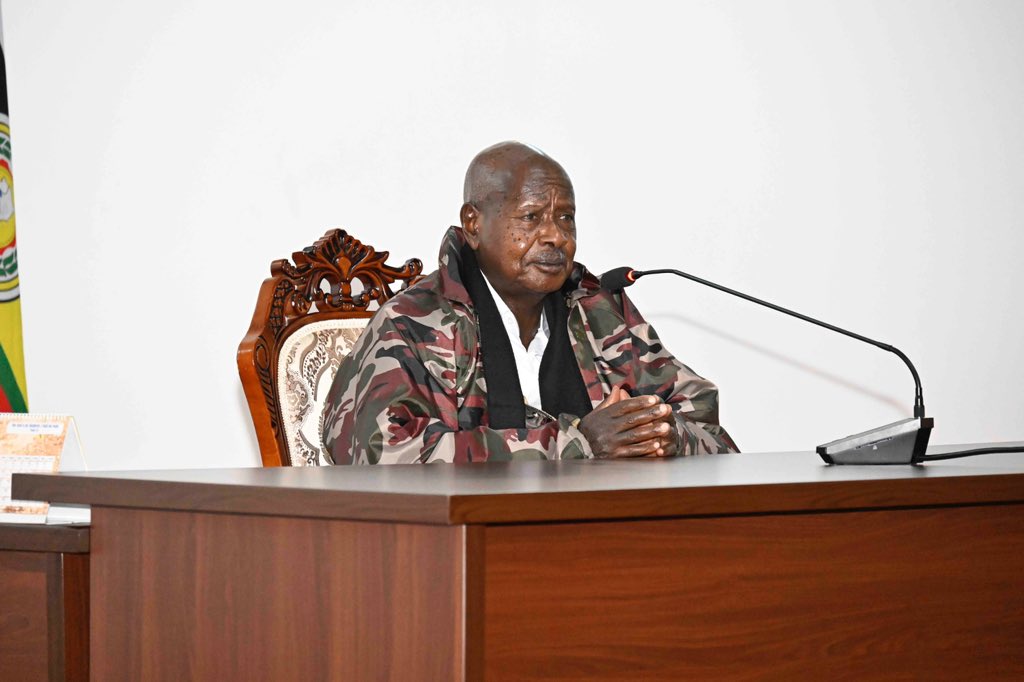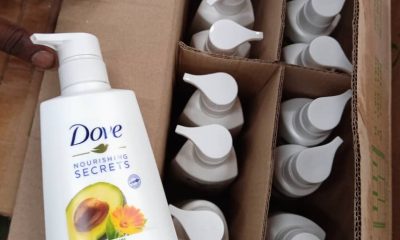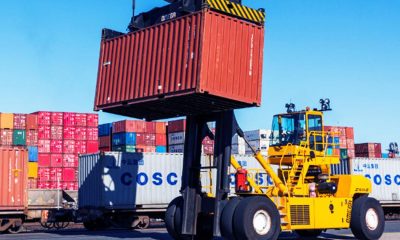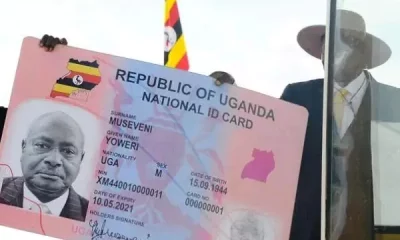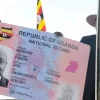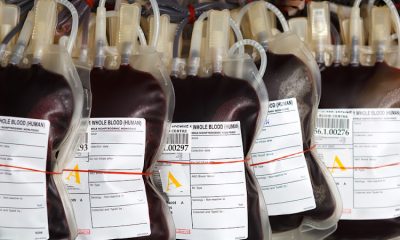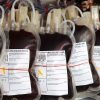In a recent statement, Ugandan President Yoweri K. Museveni has addressed concerns over the overcharging of petroleum products imported into the country. He expressed his disappointment with the practice and unveiled measures his government is taking to rectify the situation. This development has significant implications for the country’s energy sector and regional economic dynamics.
The overcharging issue:
Museveni began by highlighting the magnitude of the issue, revealing that Uganda imports a substantial 2.5 billion liters of petroleum products annually, with an estimated value of around US$2 billion. He pointed out that, to his surprise, the country had been purchasing these products through middlemen based in Kenya, rather than directly from refineries abroad.
Cost discrepancies:
To illustrate the extent of the problem, President Museveni provided a comparison of prices per tonne for various petroleum products:
- Diesel:
- Middlemen’s price – $118
- Bulk suppliers or Refiners’ price – $83
- Petrol:
- Middlemen’s price – $97.5
- Bulk suppliers or Refiners’ price – $61.5
- Kerosene:
- Middlemen’s price – $114
- Bulk suppliers or Refiners’ price – $79
These numbers clearly demonstrate that Uganda has been incurring substantial losses due to the involvement of middlemen in the procurement of petroleum products. The price differences are significant and have raised concerns about the transparency and efficiency of the procurement process.
Government’s response:
President Museveni disclosed that he first learned of this situation from whistleblowers and tasked the responsible minister to address the issue. Unfortunately, the matter had not been resolved, prompting him to take matters into his own hands. He emphasized that the government has now identified bulk and refinery suppliers that can offer lower prices and eliminate the need for middlemen.
Regional Cooperation:
To resolve this issue comprehensively, Uganda is engaging with its neighboring countries, Kenya and Tanzania, as key transit routes for petroleum products. Museveni mentioned discussions with Kenyan President William Ruto and a delegation in talks with Tanzanian President Samia Suluhu. These efforts aim to ensure more cost-effective and efficient transportation of petroleum products, benefiting not only Uganda but also neighboring regions, including Northwestern Tanzania, Rwanda, Burundi, Western Kenya, South Sudan, and Eastern DRC.
Challenges and resistance:
President Museveni acknowledged that internal actors who had previously benefited from the status quo are resisting these changes and have launched a campaign against the government’s efforts through social media and mainstream media. He emphasized the commitment to confront these challenges and urged the public to be vigilant against misleading information.
In the long run, Uganda aims to have its own refinery operational, which will further reduce reliance on imported petroleum products and middlemen. This could enhance energy security, lower costs, and create opportunities for regional economic cooperation.
President Museveni’s announcement reflects the government’s commitment to addressing issues of overpricing and inefficiencies in the importation of petroleum products. These reforms could have a positive impact on Uganda’s economy and regional energy dynamics, potentially leading to more competitive prices and a boost in economic cooperation among neighboring countries.
